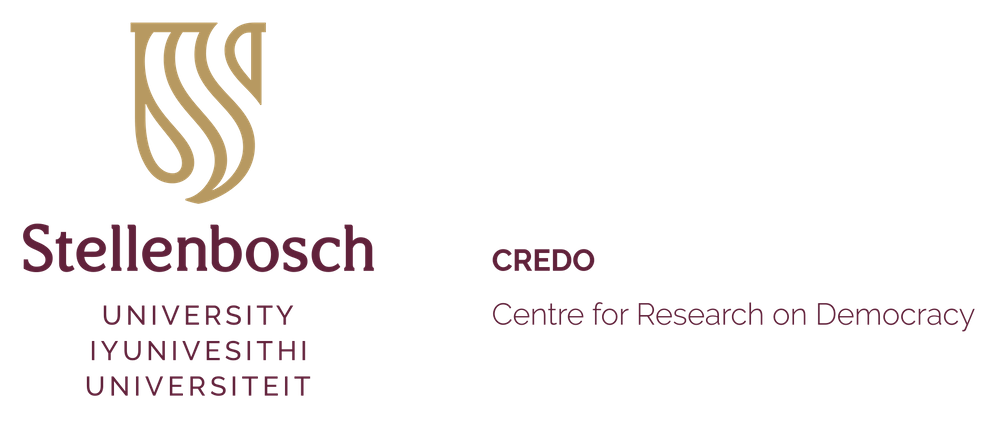Political culture, as said above, is a set of attitudes, beliefs, and sentiments that give order and meaning to the political process. Political culture is shaped by both a collective history of people living within a given political system and their own life histories. In other words, political culture is rooted equally in both public events and private experiences.
The transformation of a political system always raises the question of how compatible is the pre-existing political-cultural background with the new political structures. Shaped over long periods of time political culture is persistent and tends to change slowly. But it can also change more rapidly when there is an abrupt system change. A transformation to democracy is an example of such a rapid change because it involves much greater sections of the population participating in politics. The key question in research about political culture, therefore, is to what extent political culture and political structure fit together. The better the fit between the two spheres, the more ‘stability reserve’ there is for the new regime. A radical change always carries the danger of a low stability reserve.
To study political culture we have to learn about a given society. We need to examine the national community in the context of the sociocultural, economic, and political systems and show possible interrelations between them.
The sociocultural system represents the fundamental values of a society, which derive from an internal and subjective understanding of the meaning of life. This meaning is often derived from religious beliefs, but it is also influenced by – and developed within – the secular discourse of philosophy, science, or art. The sociocultural system also involves self-perceptions of citizens and their role in the political system. This includes wide-ranging participatory activities as well as attitudes towards other people, social trust, social and political tolerance, and the social and political aspects of gender relations.
The economic system is concerned with material conditions and forms of economic organization in a given society. These, too, are reflected culturally in various attitudes and modes of behaviour, for instance in a particular work ethic. What is most important from the political culture point of view is the link between economic expectations and material satisfaction on the one hand, and concrete claims and demands vis-à-vis the political system on the other. In this regard, we can distinguish between ‘specific support’, which in times of economic crisis can easily diminish, and ‘diffuse support’, which is entrenched in the sociocultural value system and, as such, is much more stable.
Ultimately, the long-term survival or failure of a regime depends on the capacity of the political system to control the other subsystems, and on its ability to satisfy the needs and subjective perceptions of the people.
No country stands alone in the world today, as each one is embedded in the international system with interactions at all levels. At the general level interactions concern geopolitical conditions, relationships with neighbouring states, trade relations in force, tourism, transnational migration, media relations, etc. At the individual level the interaction operates through perceptions and attitudes people hold. On the one hand, there can be mutual respect; on the other hand, there can be xenophobia and aggressive behaviour. In the contemporary world, increasing multi-facetted globalization creates new opportunities, but it also creates new conflicts and anxieties.
Research on political culture is conducted on three levels. The micro level is concerned with citizens and political actors. Here, most typically surveys are used to examine individual values and attitudes to reveal certain aspects of political culture and throw light on possible electoral behaviour. The meso level focuses on the mediating structures and organizations, such as social movements, interest groups and political parties. The macro level studies aspects of the central social and political system and its institutions.
Essentially, political culture is a macro-level concept. However, by necessity, research starts from the micro level because surveys based on random representative samples are able to record politically relevant attitudes and values for large populations. Capturing subtle cultural aspects within a national framework is difficult enough, but the far more challenging are surveys focused on intercultural comparisons. Our Outreach Programme partners (WVS, GBS and Afrobarometer) are among leaders in the field.
Deep historical dimensions of political-cultural characteristics play an important role and have to be considered at the macro-level. During the transformation phase of political regimes in parts of Africa and the Middle East, for example, a return might be noted to older- sometimes pre-colonial – traditions of political culture that had either been suppressed or remained hidden under colonial rule. A new mix of traditional and modern elements can then develop giving rise to tension and conflicts of loyalty between the ‘ethnos’, that is, the traditional identity, and the ‘demos’, that is, the identification of individuals and groups with the new democratic polity.
In this context, it is vitally important to handle with care the heritage of predecessor regimes, both with regards to elite transformation and the impact of the transformation on the political-cultural ‘collective memory’. Political-cultural differences between ‘elites’ and the general population can often intensify making it imperative that a general discourse is held about the establishment of new rules, and the new broader political-cultural acceptance of all citizens in a polity. This process calls for a greater need for transparency and personal integrity of the officeholders, which can then assist the survival of the often still fragile political legitimacy of the new order.

